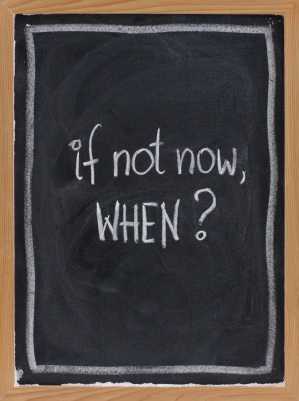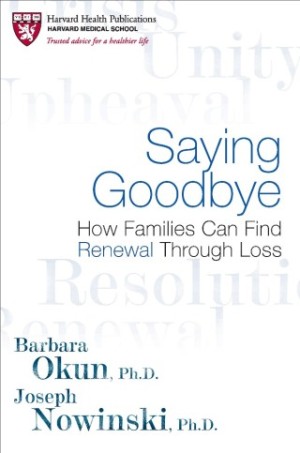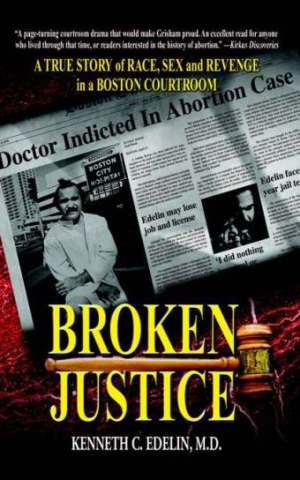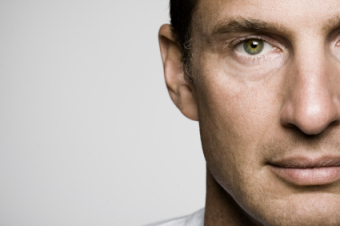 If you're a physician that wants the freedom to control your career and lifestyle, you're going to have to act.
If you're a physician that wants the freedom to control your career and lifestyle, you're going to have to act.
Here are the most common excuses that physicians give for why they can't actually take control of their career and lifestyle and actually do what they want. (You'll also notice that it's the same list that everyone else has.)
It's quite a list and there are plenty of pegs for most physicians to hang their hats on and, indeed, most docs will never have real control or freedom. But, as the wise man once said, the world needs ditch-diggers too.
If you're risk-adverse and choose security over opportunity every time, here's your list courtesy of 99%:
1. I DON’T HAVE ENOUGH TIME.
Extra time, like money, rarely just materializes out of thin air. We have to work for it. If “finding creative time” is a struggle for you, consider getting proactive about carving it out, and doing the most important work first.
2. I’M AFRAID OF FAILURE.
If we really push ourselves, we will fail more than we’ll succeed. But that’s how we gain experience, how we learn, how we grow. The greater failure is to never risk failure at all. Choreographer Twyla Tharp: “If you do only what you know and do it very, very well, chances are that you won’t fail. You’ll just stagnate, and your work will get less and less interesting, and that’s failure by erosion.”
3. I’M NOT INSPIRED.
Inspiration comes from action, not the other way around. Our friends at Red Lemon Club shared this insightful tidbit from leadership guru John C. Maxwell: “"The whole idea of motivation is a trap. Forget motivation. Just do it. Exercise, lose weight, test your blood sugar, or whatever. Do it without motivation. And then, guess what? After you start doing the thing, that’s when the motivation comes and makes it easy for you to keep on doing it."
4. I NEED TO FIND BALANCE IN MY WORK AND HOME LIFE.
Living a full, balanced life is a wonderful goal. But does that mean doing less work and having more leisure time at home, or doing better work and feeling more fulfilled? Seasoned non-conformist and entrepreneur Chris Guillebeau makes the case for better work and bigger dreams, arguing that balanced people don’t change the world.
5. I CAN’T OVERCOME MY INERTIA.
Getting started can be hard. Once you’re sitting still, once you’re in your comfort zone, the easiest thing to do is just stay there. As serial entrepreneur Andy Swan has written, one of the most common mistakes when we’re just beginning a project is to “set lofty goals from a resting start.” With images of fame and success dancing in our heads, we set the bar too high, fail to make the grade, and quit because we’re discouraged. Instead, build momentum by starting with small, achievable goals, and work from there.
6. IT’S NOT ORIGINAL ENOUGH.
Originality is immaterial. Filmmaker Jim Jarmusch puts it like this: “Nothing is original. Steal from anywhere that resonates with inspiration or fuels your imagination… Select only things to steal from that speak directly to your soul. If you do this, your work (and theft) will be authentic. Authenticity is invaluable; originality is non-existent… Remember what Jean-Luc Godard said, ‘It’s not where you take things from – it’s where you take them to.’”
7. I’M AFRAID OF THE COMPETITION.
If someone else is doing something similar that needn’t be a reason to give up. In fact, it’s a great reason to get more excited. As Seth Godin has said, competition validates your idea by creating a category. It also lights a fire under your ass.
8. I GOT MY EXPECTATIONS TOO HIGH JUST THINKING ABOUT IT…
It’s easy to get high on the idea of executing your idea. You daydream about how great it will be, the recognition and acclaim that will inevitably follow its launch. You build it up so much that the reality of actually executing the idea starts to seem unappealing. Ze Frank calls these un-executed ideas “brain crack” – it’s a dangerous addiction.
9. IT’S NOT THE RIGHT MOMENT TO DO IT.
Occasionally, this excuse has the merit of actually being valid. Twitter creator Jack Dorsey had the idea for the service back in 2000. Unfortunately, the technology that would help Twitter thrive wasn’t in place yet. But how did he recognize this? Dorsey did a small-scale implementation of the idea that flopped. Even though it failed then, the exercise crystallized the idea in his mind, and Dorsey was able to revive it later when the timing was right.
10. I HAVE TO PLAN EVERYTHING FIRST.
At this year’s 99% Conference, author and entrepreneur Frans Johansson argued that humans are very bad at predicting which ideas are going to be a success. Thus, nearly every major breakthrough innovation has been preceded by a string of failed or misguided executions. The moral of the story? Spend more time doing, and less time planning.
11. THE PRODUCTION IS TAKING TOO LONG.
Nobody ever said creative execution was sexy. In fact, it’s grueling. Author Junot Diaz battled writers block for 5 years before finishing his Pulitzer Prize-winning novel. Inventor James Dyson built over 5,000 prototypes before he found the right design for his vacuum. And the list goes on. We must find joy in the process of execution, not just the end product.
12. MY IDEA ISN’T POLISHED ENOUGH YET.
Charles Darwin spent 20 years developing his theory of natural selection, and planned to eventually publish his research in a multi-volume tome. But in 1858, he received a letter from the naturalist Alfred Russel Wallace essentially summarizing the theory he’d been cultivating over decades. Darwin scrapped his plans for a tome and quickly published his now-famous abstract, On the Origin of Species. Without Wallace nipping at his heels, though, how long might Darwin have gone on perfecting his world-changing theory? Sometimes it’s best to launch a project before it’s “perfect.”
13. I NEED TO DO MARKET RESEARCH.
If you think about real, game-changing inventions and discoveries – the electric lightbulb, the double helix of DNA, the airplane – almost none of them had the support of the masses in the early days. Being a visionary means being able to see what other people can’t even imagine. That’s why companies like Apple don’t do market research.
14. I HAVE YOUNG CHILDREN.
This excuse reminded us of a great piece from writer Rebecca Cantrell, who struggled with the impact her newborn had on her writing. Though initially she lost her will to work as she focused on child-rearing, Cantrell found – in watching her son’s willingness to experiment and fail and never give up – that the experience actually inspired her and improved her writing practice.
15. I’VE GOT TO PAY THE BILLS.
Here's the big one for most physicians. Going with the status quo, we tend to give high priority to things like wealth and stability. And once we have them, it’s extremely difficult to imagine life without them. (To wit: “The three most harmful addictions are heroin, carbohydrates, and a monthly salary.”) But should these things come at the expense of pursuing big, bold ideas? Paying the bills won’t necessarily earn you a legacy.
The enjoyment of control and freedom isn't something that's ever going to be handed to you. You'll have to earn it through action.
 It's an exciting day when your book is finally released, and you read about it in the New York Times. Sure, the review could be bad, but if you are on a roll and things are really going your way, then it will be a good one!
It's an exciting day when your book is finally released, and you read about it in the New York Times. Sure, the review could be bad, but if you are on a roll and things are really going your way, then it will be a good one! Email This Article tagged:
Email This Article tagged:  Huffington Post,
Huffington Post,  New York TImes,
New York TImes,  Physician Book Publishing |
Physician Book Publishing |  Jan 4, 4:00 PM
Jan 4, 4:00 PM 










